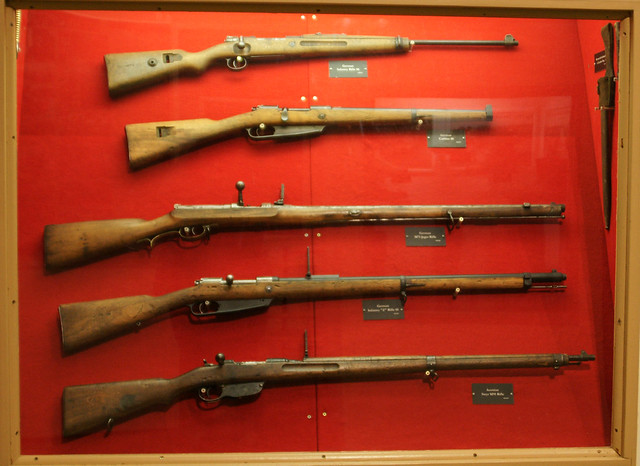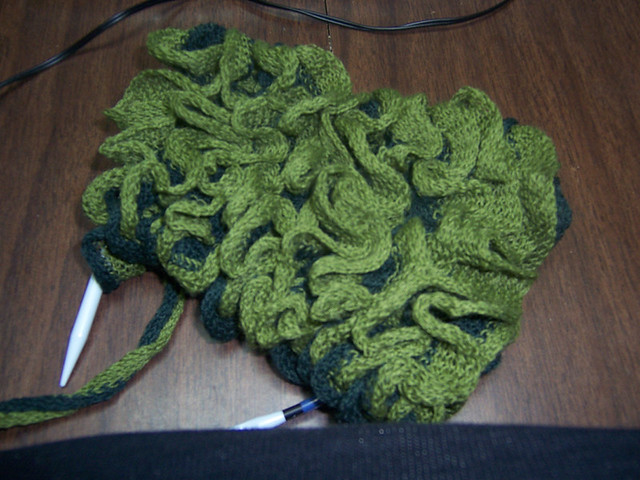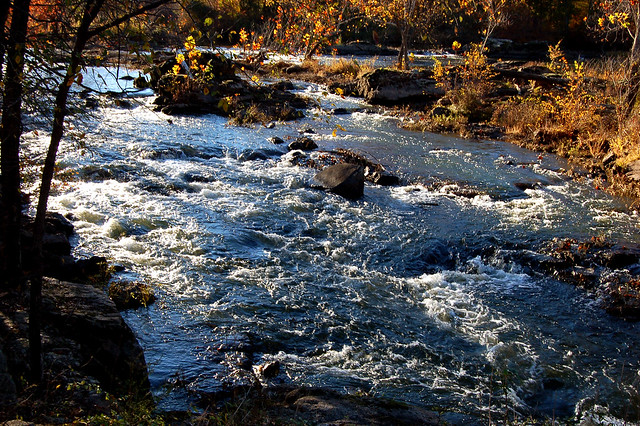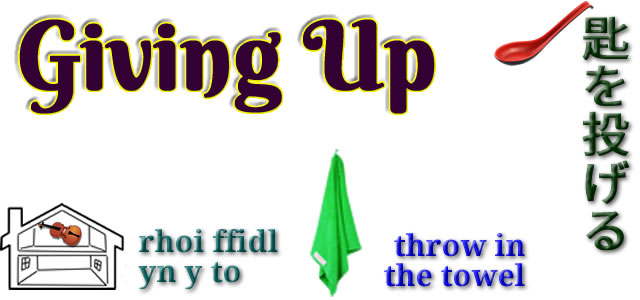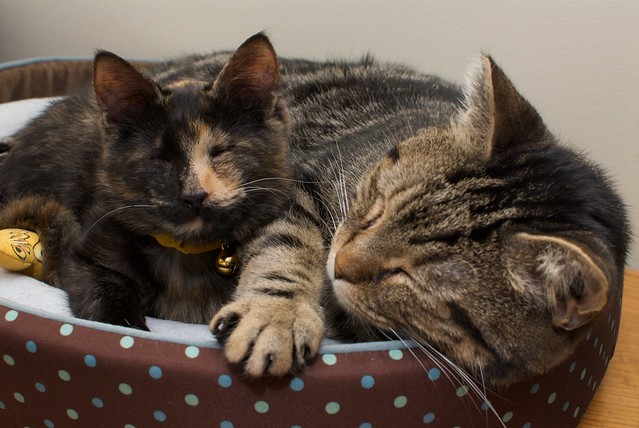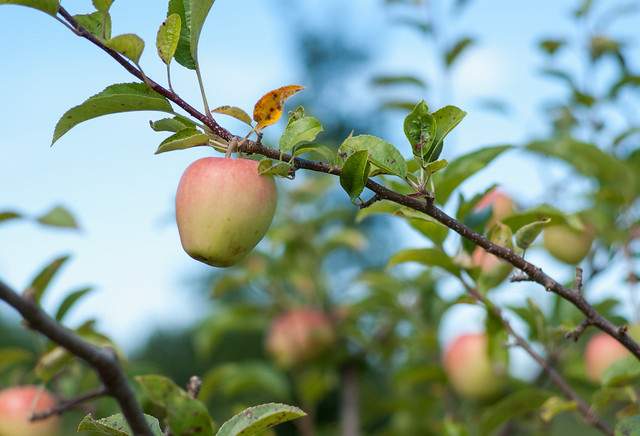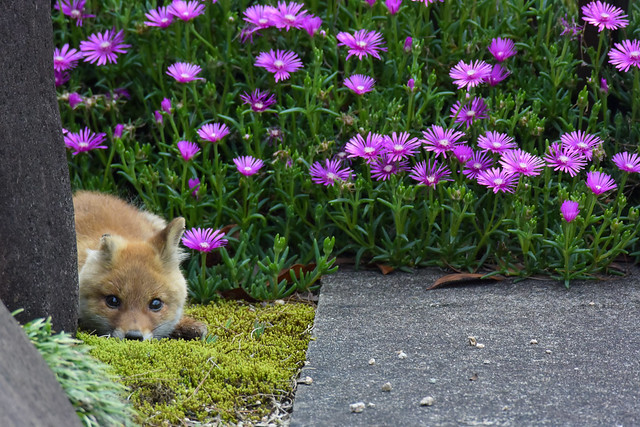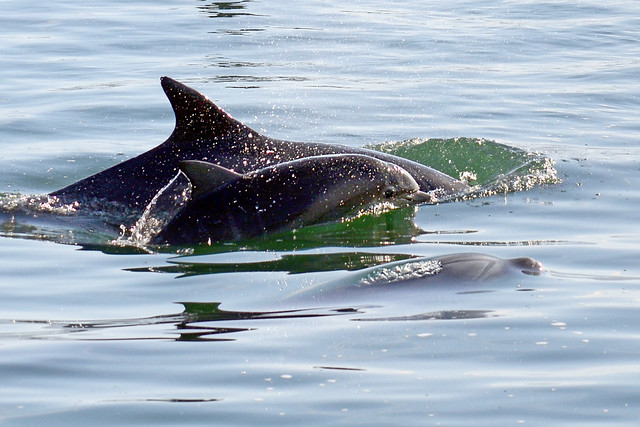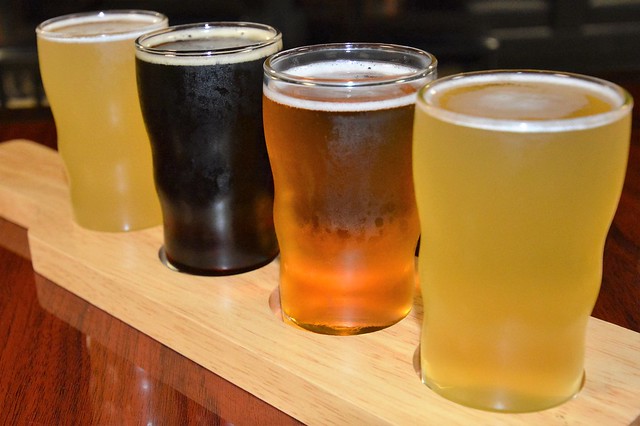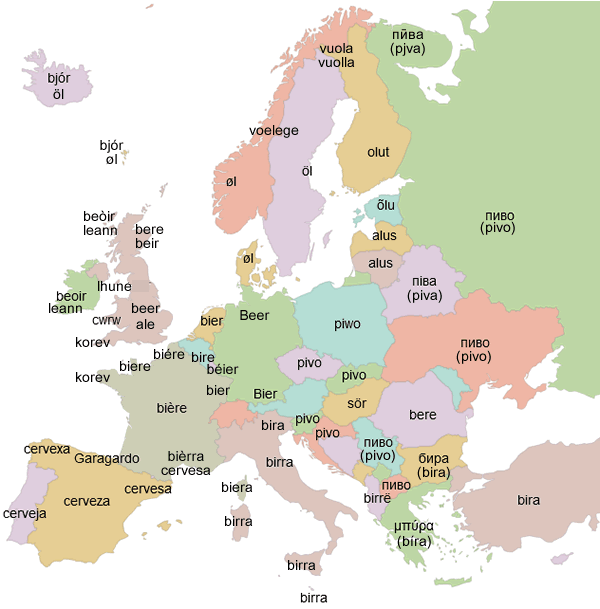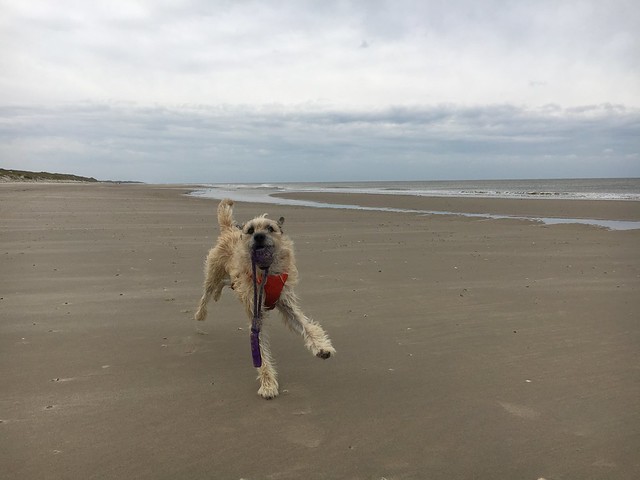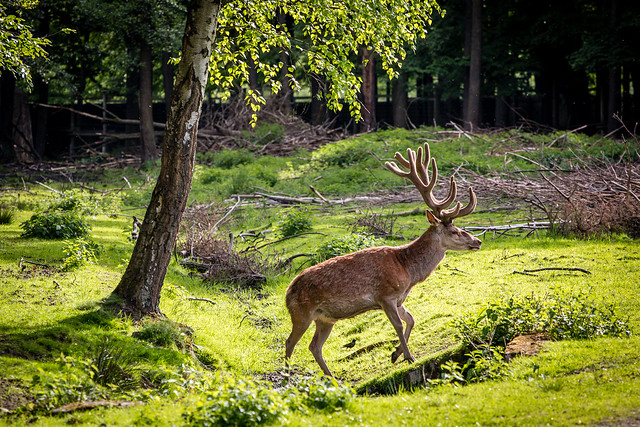The words rifle and ruffle sound similar, but are they related? Let’s find out.
A rifle is a firearm fired from the shoulder with a long, rifled barrel, which increases range and improves accuracy. It is short for “rifled gun”, referring to the spiral grooves inside the barrel (rifling).
It comes from Middle English riflen (to rob, plunder, search through), from Old French rifler (to lightly scratch, scrape off, plunder), from Proto-Germanic *rīfaną (to tear, rend), from Proto-Indo-European *h₁reyp- (to tear) [source].
A ruffle is any gathered or curled strip of fabric added as trim or decoration; or a disturbance, agitation or commotion.
It comes from Middle English ruffelen, perhaps from Old Norse hrufla (to graze, scratch), or Middle Low German ruffelen (to wrinkle, curl). Beyond that, the etymology is not certain [source].
So it seems that rifle and ruffle are not related.
Words that do come from the same roots as rifle include rift, rip and rope in English; rive (bank [of a river]) in French, and arriba (above, over, up) in Spanish [source].
Words that do come from the same roots as ruffle include ruff in English, and hrufla (to graze, scratch) in Icelandic [source].
The English word riffle (a swift, shallow part of a stream causing broken water; a succession of small waves; a quick skim through the pages of a book; to ruffle with a rippling action, etc) is possibly an alteration of ruffle [source].
